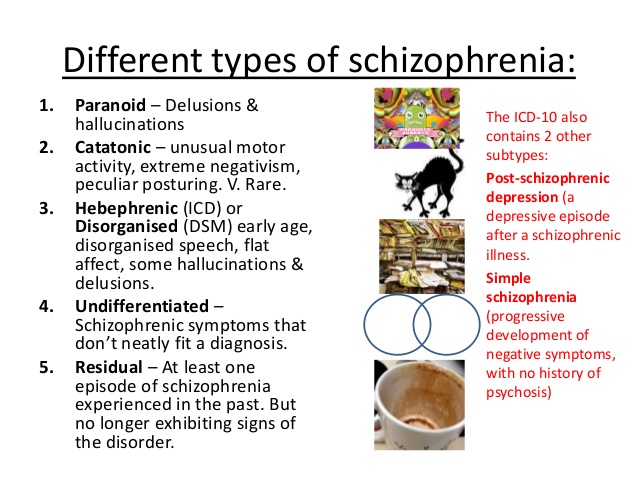

Early signs of psychosisĮarly signs of psychosis can be subtle or hard to pinpoint. It’s important to note that people with psychosis are much more likely to have experienced violence than they are to be violent themselves 3. Awareness can also change over time, and many people experience a high level of insight in between episodes. Others will be aware that what they are experiencing is part of psychosis.

But for some psychotic disorders, a person can experience symptoms for months.Īround 25% of people who experience psychosis have low ‘insight’ – meaning they believe their delusions or hallucinations are real 1. The length of an episode varies from person to person and depends on factors such as the type and cause of the episode.Įpisodes can be as brief as a few hours (in the case of some drug-induced episodes). In most cases, psychosis is experienced as an ‘episode’– a period of short-term symptoms of delusions or hallucinations. ‘Negative’ symptoms: these symptoms include reduced emotional expression (like a lack of eye contact, speech, or facial expression), irritable or depressed mood, low motivation, less talking, or struggling to experience enjoyment and pleasure.In severe cases, a person may become unresponsive to the world around them – this is sometimes referred to as ‘catatonia’. They may find it challenging to keep up their personal hygiene and housework. Disordered behaviour: seeming agitated, muttering, swearing, or otherwise acting inappropriately for the situation they’re in.Disordered thinking: making up words or use them in strange ways, using mixed-up sentences or changing topic frequently.Hallucinations: seeing, hearing, feeling, tasting or smelling something that isn’t there.Delusions: false ideas or beliefs that can’t be changed by evidence and aren’t shared by other people from the same cultural background.Psychotic symptoms vary from person to person, and even between one episode and another. Women may experience postpartum psychosis after childbirth. Other people experience psychosis in the context of other mental health issues, such as bipolar disorder (during a period of mania), depression, or personality disorders. It can also occur in many other conditions that affect the brain (for example, Parkinson’s disease, epilepsy, or migraines). A person can have just a single episode of psychosis or may have multiple episodes over a lifetime. Psychosis can occur as a symptom of mental health issues like schizophrenia, neurocognitive conditions like dementia, or as a result of substance use. This could be because of hallucinations (seeing, hearing, or sensing something that doesn’t exist) or delusions (false beliefs that the person believes are true or real).Īn estimated 0.5% of Australian adults experience a disorder involving psychosis (a ‘psychotic disorder’) 1. Psychosis impacts a person's sense of what is real and what isn't. A person who has experienced psychosis can live a long and fulfilling life.Treatments for psychosis include medications, psychological therapies, and social supports.Psychosis includes delusions and hallucinations, across one or more episodes.People can experience psychosis as part of a range of mental and physical health issues.News and Media Advice, referral, and expert comment for reporting on mental health issues and suicide.Leaving a gift in your will Consider a gift in your will to leave a lasting legacy.
#Psychotic break symptoms how to

The SANE Blog Short reads about living with complex mental health issues.Factsheets & Guides Facts about mental health issues, recovery and living well.Peer Group Chat Weekly online discussions, guided by SANE peer support workers and supported by counsellors.Peer Guide Program Build readiness for employment or further education with this transformative training and mentoring program.SANE Create A range of creative and educational activities for people with complex mental health issues.Guided service For anyone who would benefit from a tailored plan and expert help to navigate their mental health journey.Forums SANE’s community forums offer a safe and supportive place with others who understand.All Services Find out about the range of support services we offer.


 0 kommentar(er)
0 kommentar(er)
